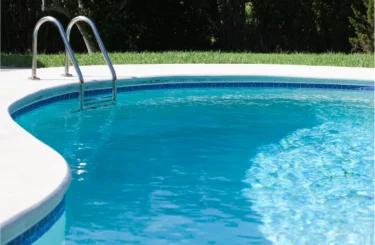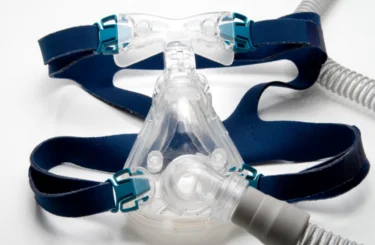When Is a Store Owner Liable for a Slip and Fall Injury?
Under Michigan law, property owners have a responsibility to ensure that their premises are safe for visitors. This is true whether you own a home, a business, or another place where guests are invited. In some cases, a person who is injured in a store can hold the store owner liable for those injuries if the premises were unsafe and the store owner was negligent.
When that happens, the responsible party may be liable for damages, including the cost of medical care, lost wages, rehabilitation, and more. This can quickly become expensive. However, when a person is wrongfully injured due to the negligence of another, the injured party deserves to be compensated and may need to pursue a personal injury lawsuit.
There are four elements that the injured party must prove in establishing a premises liability claim against a store owner:
- That the store owner owed the injured party a legal duty.
- A legal duty is owed if the injured party was legally allowed to be on the property. The degree of duty owed will depend on the status of the injured party. However, generally, when it comes to an injury suffered in a store during open hours, the injured party, as a member of the public, is legally allowed to enter the store and assume that it will be in a safe condition.
- That the store owner breached his or her legal duty;
- The injured party will have to prove that the store owner was aware that a problem existed, or should have reasonably been aware of the issue, and that the store owner failed to fix the problem.
- That the store owner’s breach was a proximate cause of the injuries; and
- That you suffered damages as a result of the Defendant’s breach.
Who is Responsible for the Injury?
This may not be an easy question to answer in every case. Generally, a legal duty arises out of a person’s ownership, possession and control over the property. However, each of those things – ownership, possession and control are distinctly different. For example, let’s assume you fell on a patch of ice on the sidewalk approaching a shop in a strip mall. In the case of this strip mall, the owner of the property rents out the individual units to separate store owners who are responsible for the condition of their individual stores. However, the owner still takes it upon himself to maintain the parking lot, sidewalks and common areas. In our example, the owner of the strip mall would likely be responsible for the injuries sustained from the fall on the sidewalk. However, let’s assume you fell inside one of the stores in that same strip mall instead. In that scenario, it would likely be the renter who would be responsible for any injuries because it is the renter who would have possession and control of their individual store.
What if the Hazard was Open and Obvious?
If a hazard is so open and obvious that a reasonable person would take care to avoid it, then the injured party may be barred from making his or her claim. While this is technically a defense raised in a premises liability case and not an element of the injured party’s core case, it is an important issue that needs to be addressed before your case is even filed. Whether a hazard was open and obvious is determined on a case by case basis, as such, the attorney will ask you very detailed questions regarding the circumstances of your slip and fall.
If you think that you may have a valid slip and fall claim, it is in your best interest to discuss your potential case with a qualified lawyer before moving forward. The attorneys in Sommers Schwartz’s Personal Injury Litigation Group are here to help – contact us today to schedule your free initial consultation.
Lisa Esser-Weidenfeller
Lisa Esser-Weidenfeller represents injury victims in personal injury and medical malpractice claims. She also represents individuals in cases against those who have committed horrific acts of sexual assault.





